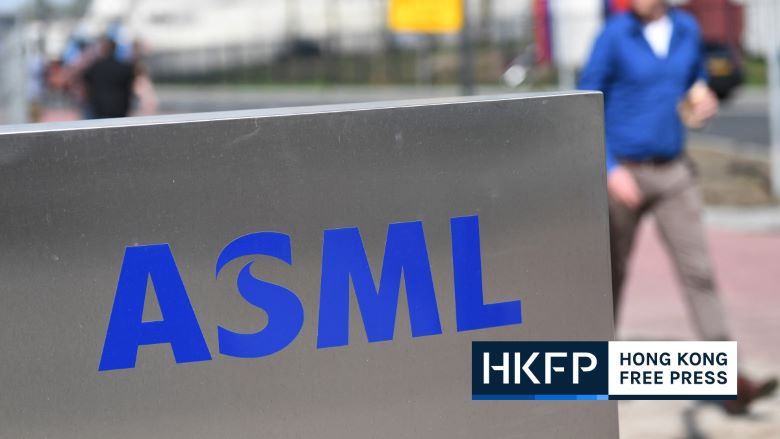Nandini Roy Choudhury, writer
Brief news
- Middle Eastern sovereign wealth funds, particularly from Saudi Arabia and the UAE, are increasingly investing in Silicon Valley AI companies to diversify their economies, with investments in AI quintupled over the past year.
- The Saudi Public Investment Fund and other regional funds are actively participating in significant AI ventures, including a $40 billion deal with Andreessen Horowitz.
- Concerns arise among Silicon Valley investors about the potential impact of these funds, reminiscent of the SoftBank effect, as they prioritize domestic investments over those from geopolitical rivals like China.
Detailed news
Middle Eastern sovereign wealth funds are becoming prominent investors in Silicon Valley’s leading artificial intelligence companies.
Oil-rich nations such as Saudi Arabia, the United Arab Emirates, Kuwait, and Qatar are seeking to diversify their economy by investing in technology as a safeguard. Over the past year, investment in AI businesses by Middle-Eastern sovereigns has quintupled, as reported by Pitchbook statistics.
MGX, a newly established AI fund from the United Arab Emirates, was among the investors seeking to participate in OpenAI’s recent fundraising efforts this week, according to two individuals who informed CNBC. The round is anticipated to appraise OpenAI at $150 billion, according to sources who requested anonymity due to the sensitive nature of the negotiations.
Few venture firms possess the capital to compete with the multibillion-dollar investments from entities such as Microsoft and Amazon. However, these sovereign funds readily allocate capital for AI investments. They invest on behalf of their governments, which have benefited from increasing energy costs in recent years. Goldman Sachs projects that the overall wealth of the Gulf Cooperation Council (GCC) countries would increase from $2.7 trillion to $3.5 trillion by 2026.
The Saudi Public Investment Fund (PIF) has exceeded $925 billion and is actively investing as part of Crown Prince Mohammed bin Salman’s “Vision 2030” agenda. The PIF has invested in enterprises such as Uber, while also allocating substantial funds to the LIV golf league and professional soccer.
Mubadala of the UAE manages $302 billion, while the Abu Dhabi Investment Authority oversees $1 trillion. The Qatar Investment Authority possesses $475 billion, whilst Kuwait’s fund has exceeded $800 billion.
This week, MGX, located in Abu Dhabi, entered a partnership focused on AI infrastructure with BlackRock, Microsoft, and Global Infrastructure Partners, with the objective of raising up to $100 billion for data centers and other infrastructure investments. MGX was established as a specialized AI fund in March, with Mubadala of Abu Dhabi and AI company G42 as founding partners.
Mubadala of the UAE has invested in Anthropic, a competitor of OpenAI, and is recognized as one of the most active venture investors, having engaged in eight AI transactions over the previous four years, as reported by Pitchbook. Anthropic excluded the option of accepting cash from Saudi sources in its most recent financing round, citing national security concerns, sources informed CNBC.
Saudi Arabia’s Public Investment Fund is negotiating a $40 billion agreement with the U.S. startup capital company Andreessen Horowitz. A specific AI fund named the Saudi Company for Artificial Intelligence, or SCAI, was also established.
The kingdom’s human rights record continues to be a concern for certain Western partners and start-ups. The most significant incident in recent years was the purported assassination of Washington Post journalist Jamal Khashoggi in 2018, an occurrence that provoked global condemnation within the business sector.
It is not solely the Middle East investing capital into space endeavors. According to Pitchbook, the French sovereign fund Bpifrance has executed 161 agreements in artificial intelligence and machine learning over the past four years, whereas Singapore’s Temasek has finalized 47. GIC, a Singaporean-backed firm, has finalized 24 transactions.
The influx of capital has raised concerns among certain Silicon Valley investors regarding a potential SoftBank effect, alluding to Masayoshi Son’s Vision Fund. SoftBank significantly supported Uber and WeWork, elevating the companies to exorbitant valuations prior to their public offerings. WeWork filed for bankruptcy last year after being appraised by SoftBank at $47 billion in 2019.
For the United States, prioritizing investments from sovereign wealth funds in domestic firms rather than in global enemies such as China has been a strategic imperative. Jared Cohen of the Goldman Sachs Global Institute stated that there is an unequal influx of cash from countries such as Saudi Arabia and the UAE, accompanied with a readiness to invest globally. He characterized them as “geopolitical swing states.”
Source : CNBC News




